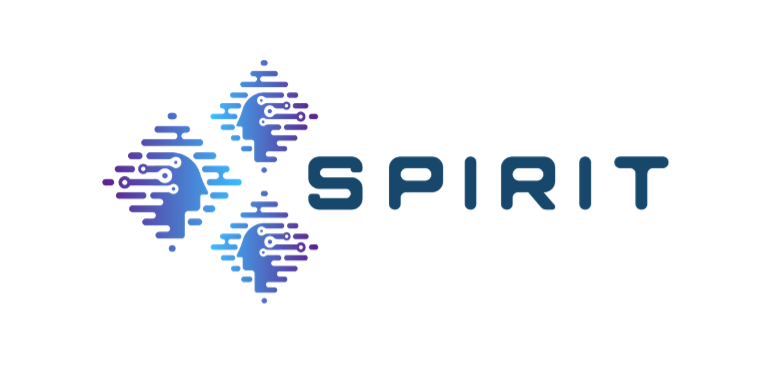Scalable High Efficiency Video Coding based HTTP Adaptive Streaming over QUIC
Proceedings of the Workshop on the Evolution, Performance, and Interoperability of QUIC (EPIQ’20)
August 10 – 14, 2020 | New York, USA
Minh Nguyen (AAU, Austria), Hadi Amirpour (AAU, Austria), Christian Timmerer (AAU, Austria), Hermann Hellwagner (AAU, Austria)
HTTP/2 has been explored widely for adaptive video streaming, but still suffers from Head-of-Line blocking, and three-way handshake delay due to TCP. Meanwhile, QUIC running on top of UDP can tackle these issues. In addition, although many adaptive bitrate (ABR) algorithms have been proposed for scalable and non-scalable video streaming, the literature lacks an algorithm designed for both types of video streaming approaches. In this paper, we investigate the impact of QUIC and HTTP/2 on the performance of ABR algorithms. Moreover, we propose an efficient approach for utilizing scalable video coding formats for adaptive video streaming that combines a traditional video streaming approach (based on non-scalable video coding formats) and a retransmission technique. The experimental results show that QUIC benefits significantly from our proposed method in the context of packet loss and retransmission. Compared to HTTP/2, it improves the average video quality and provides a smoother adaptation behavior. Finally, we demonstrate that our proposed method originally designed for non-scalable video codecs also works efficiently for scalable videos such as Scalable High Efficiency Video Coding (SHVC).














